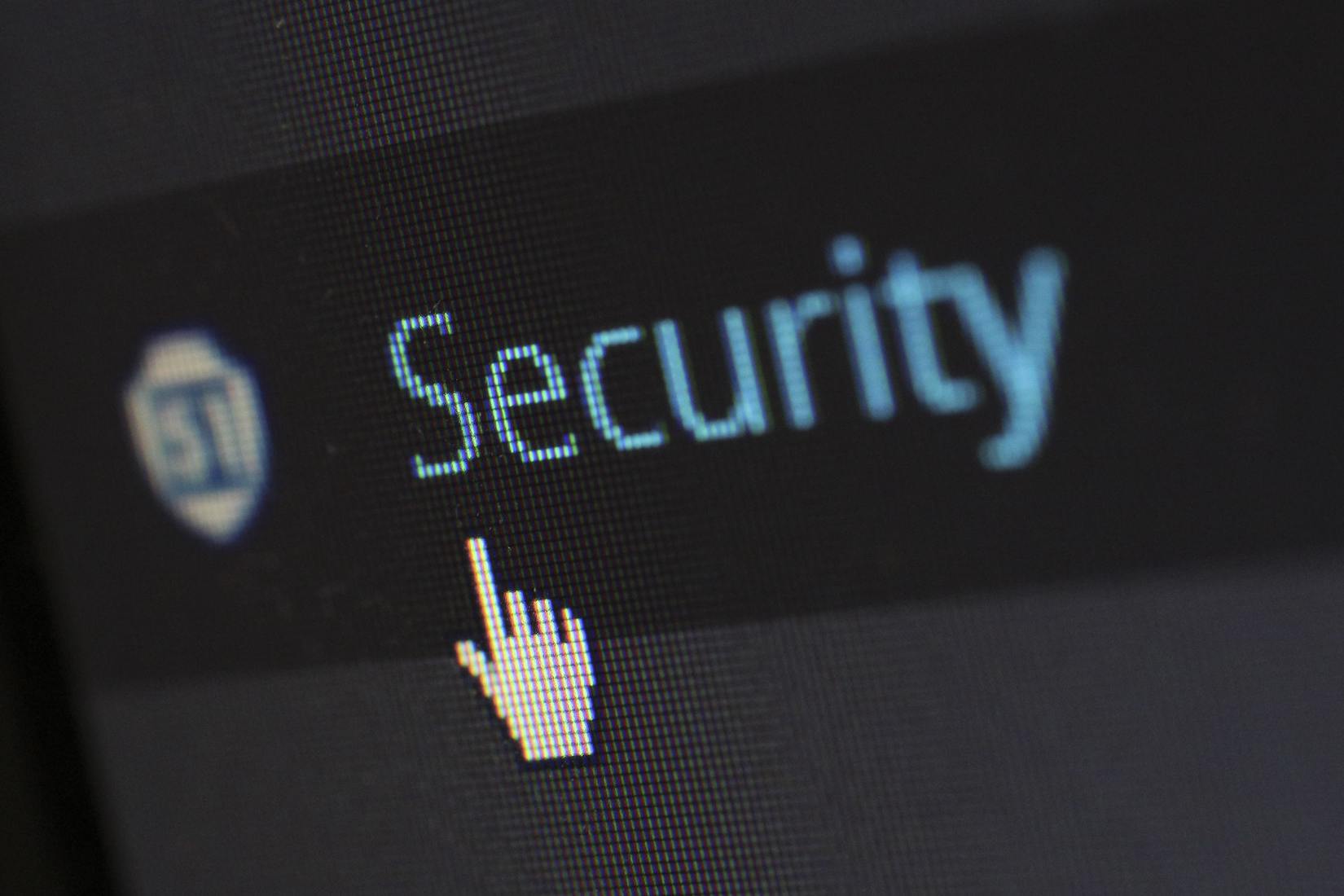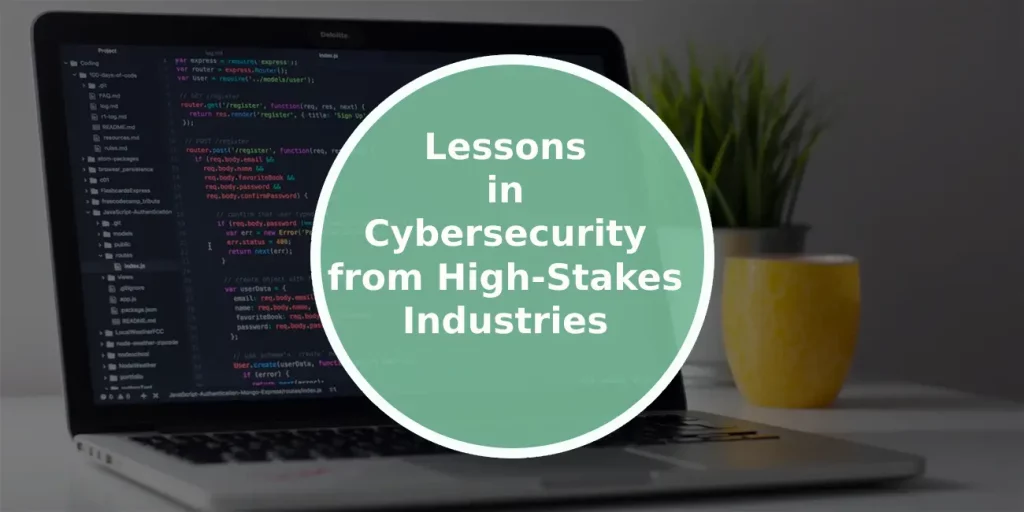Cybersecurity is no longer a luxury but a requirement: if your company conducts any business at all in the digital age, then you are at risk of cyberattacks: financial institutions hold precious data on their clients; healthcare providers protect private patient data; and even something seemingly unrelated, such as online casinos, the owners of which diligently protect financial transactions stored on the casino’s website, can provide insight into keeping your company’s work safe from malicious hackers.
Industries That Invest Heavily in Online Security
Online casinos are by definition a highly competitive and security-sensitive business. They’re constantly handling billions of lines of data related to money, identities and chances of winning in a tech environment that is constantly evolving. Players trust online casinos with their personal and financial information, hoping that they will keep it safe and not share it with any other parties without their consent. This trust that online casinos build up with their customers is extremely important and is part of what has made the online gambling experience so exciting in the past few years. In the event of a security breach, an online casino could face the threat of extreme financial loss, irreparable damage to its reputation, and massive regulatory fines.
You might not think that your business has much, if anything, to do with online gaming. But consider the digital-first industry as an example of how investing tactfully in cybersecurity online can help you grow as a company as well as gain your customers’ trust. What’s good for a casino is generally good for a variety of other businesses.
Building a Fortress: Essential Cybersecurity Strategies
Just as the online casino has a vault to protect, your company has its own important data to protect. Here are a few strategies for doing so:
Access control: Use access controls to keep track of who has access to what. This might look like implementing MFA (multifactor authentication), user access controls and encrypting data at rest (when not being transferred or used) and in transmission.
Employee Training: Train employees on best cyber practices – how do they recognise a phish, which passwords are strong/weak, how to report suspicious activity etc. Also, explore the mentorship definition and organize mentoring sessions to share knowledge and experience, encouraging a culture of continuous learning and improvement.
Network Security: Firewalls, IPS/IDS, Endpoint Security – Lockdown your network infrastructure like Fort Knox. These are your digital security guards, standing outside the bank scanning for every possible attempt and shooting it down on sight.
Data Backup and Recovery: Make data backup a habit and draw up a disaster recovery plan to minimize downtime and get swiftly back up and running in case cybercriminals get the upper hand. In addition to cloud storage, businesses should implement vital records storage to protect critical files from cyber threats, physical damage, and unauthorized access. Proper record management ensures that essential documents remain intact, secure, and easily retrievable in the event of a security breach or data corruption.
Incident Response Plan: A well-structured response plan should include roles and assignments, communications procedures, and data recovery.
Security Awareness: Develop a security-aware culture within your company. Provide regular training on best security practices, and encourage your employees to report issues. For additional protection, consider hiring a cybersecurity company like Microminder CS to provide expert guidance and advanced solutions tailored to your business’s needs.

Cybersecurity for All Industries
While you may not be an online casino dealing with thousands of dollars in bets, all other online banking-related issues also play some role – whether minor or major – in the cybersecurity arena:
Healthcare: Hospitals and clinics have massive amounts of medical information on their patients, with significant amounts of personally identifiable data about their customers. If an attack were successful, all that information could be exposed, leading to identity theft and other consequences.
Financial Institutions: Banks and credit unions protect customer financial information just like online games do. In fact, people put even more trust in banks and financial institutions, and expect an extremely high level of security in return. Because of this, it is vital to have strong security systems in place to keep this information safe and to prevent the loss of money.
Retail Businesses: For retailers, customer data is a critical asset used for marketing – think of information like addresses, emails, and phone numbers. Since such information is also liable to be stolen by cyberattacks, security around it is another key area for maintaining customer trust today.
If you’re a business that has been used to storing customer information for many years, then it’s your responsibility as a reputable business to be making sure that you are storing that information the correct way. You may feel that a large investment is required to purchase the correct security solutions, but this is a necessary expense.
Conclusion
By adopting a holistic cybersecurity approach similar to the one followed by security-sensitive industries like online casinos, your company will drastically lower the odds of a cyberattack.
Remember, ‘security’, in this context, is not an occasional shortcut or fix, but a constant process. Once you’ve implemented some of the tips we mentioned above, your work hasn’t finished. Security is an ongoing process, so make sure that your security measures are in check periodically and keep your system updated at a safe security level.
